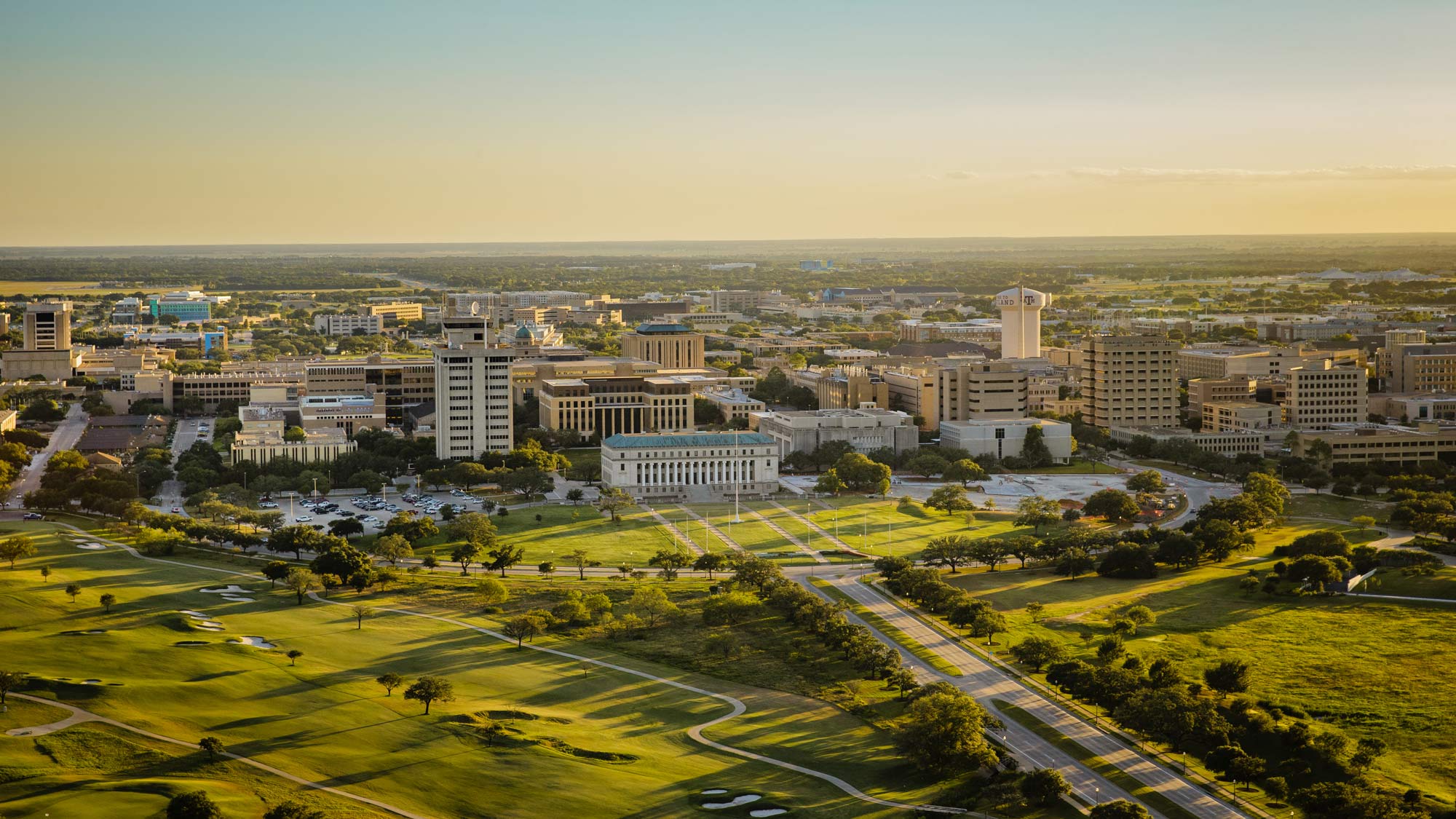
School of Public Health
Study: Exercise lowers risk of depression and sleep problems in older smokers
Sep 26, 2025 • 3 min. readNew research from Texas A&M University's School of Public Health links physical activity to benefits in mental health and rest.
Making Labor Day Weekend Plans? Expert Tips Based On What You Do For A Living
Aug 27, 2025 • 4 min. readResearchers from the Texas A&M Center for Worker Health say Labor Day isn’t just a break, it’s a chance to reset and prepare for the rest of the year at work
Can Officials Say What They Need To Say About A Health Emergency In 280 Characters?
Aug 13, 2025 • 4 min. readStudy of Chicago Department of Public Health tweets during the COVID-19 pandemic and mpox outbreak finds mixed results.
Neighbors Matter: Community Cohesion Boosts Disaster Resilience, Texas A&M Study Finds
Aug 6, 2025 • 3 min. readResearch on 2015 floods reveals that strong neighborhood bonds enhance recovery after catastrophe, offering key insights for public health and emergency planners.
Uncertainty Remains, But More Turn To Cannabis For Chronic Health Issues
Aug 1, 2025 • 4 min. readTexas A&M–led research links pain, stress and multiple health diagnoses to increasing cannabis use, raising concerns about health risks.
Nature-Inspired Virtual Reality Boosts Emotional Well-Being In Older Adults Living With Dementia
Jul 29, 2025 • 3 min. readTexas A&M study finds immersive VR nature experiences improve mood and quality of life.
Study Uncovers Predictors Of Individuals’ Preparedness For Natural Disasters And Trust In Disaster Assistance
Jul 17, 2025 • 4 min. readSchool of Public Health research could inform new strategies to increase preparedness nationwide.
America is rapidly aging as the second largest generation, Baby Boomers, will be at least 65 by 2029. Texas A&M University researchers are developing new ways to help older people tackle challenges that come with aging.
Texas A&M Launches Clinical Trial To Measure Health Benefits Of ‘Agrihood’ Living
Jul 15, 2025 • 5 min. readResearchers will track how living in an agrihood — a neighborhood centered around a working farm — changes residents’ diet, physical activity and social connectedness.
Study Shows Plants And Green Décor In Hospital Rooms May Aid Stress Recovery
Jun 27, 2025 • 4 min. readResearchers use immersive VR to understand how different visual elements in hospital rooms affect relaxation and cognitive restoration in patients experiencing acute stress.
